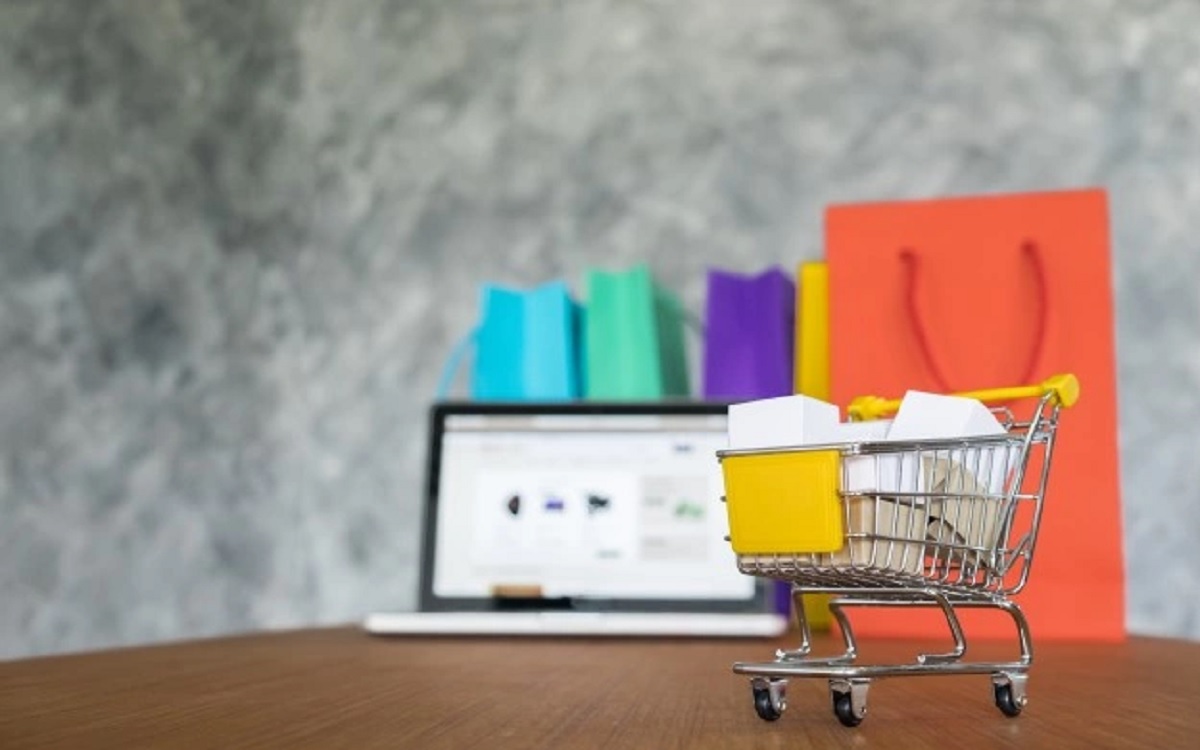Highlights
- The e-commerce industry & logistics department ARE adopting advanced technology interventions
- Effective tracking allows brand's customer service & sales team to focus on adding value
- Ecommerce is looking at an exponential growth rate along with multiple consolidations
Logistics has always been a backbone for enabling industries. Over the years with the enhancement of tech-based offerings, it has been the big differentiator amongst players as TATs get tighter and SLAs narrower. The role of logistics, itself has expanded, no longer is it restricted to just the transportation of goods, instead, it now encompasses storage, order invoicing, packing, manifest generation, shipping, last-mile tracking and notifications, non-delivery returns, Return to Origin (RTO’s) management, Cash re-conciliations. Through its integrated technology, a 3PL does all of this and more for a brand and hence is called a Fulfillment Solutions Provider (FSP).
A report titled Indian E-commerce Logistics Industry Outlook by Ken Research suggested that the e-commerce logistics industry of India is expected to grow to ₹492.8 billion by 2025 with a positive five-year CAGR of 23.6 per cent in terms of revenue during the forecast period FY'2020 - FY'2025 due to increased demand from Tier 2 and below cities owing to increased internet penetration in these areas.
There are 3 core areas that Fulfillment Solutions Provider supports the e-commerce industry:
Pre-Order Stage
Brands listed on E-commerce marketplaces or having their e-shops keep inventory with at the FSPs. The status of the inventory is live on all sites and it is a common pool. Through technology available with the FSP’s, they are connected on a real-time basis with all the marketplaces and such e-shops. Because of the common pool, and real-time information status, the total inventory that the brand needs to manage is lesser, which helps in reducing working capital and other inventory-related woes like stock-outs and surpluses to a large extent. Increased transparency reduces the need for excessive inventories, lead times, and overall working capital associated.
Order Processing
Order processing occurs when a product is "captured," located, scanned, and prepared for delivery. Orders are received at the FSPs on a real-time basis on their OMS. FSPs have their OMS integrated with WMS that keeps information of each item’s location, quantity, etc. Any order received has a standard Turnaround Time (TAT) and the processing of all orders needs to be completed in that time frame, else the Service Level Agreements (SLAs) of the marketplaces are breached, that brands can ill afford. Tech plays a huge role in ensuring the picking of the ordered product accurately and efficiently through scanning. Accuracy is no longer left to the human eye, instead, it is the scanner that has to confirm. Thus state-of-the-art FSPs can target 99.9% Order Accuracy levels.
Once picking is complete, it comes to packing where items are scanned, boxed, and invoiced. OMS has order details thus enabling invoicing and labeling in quick time. Like-wise courier manifests are generated.
Courier/Shipping
This process involves tech integration across courier partners and with brands. The customers need to get prior intimations of their parcels, in case they are not available, there needs to be a mechanism to return the parcel to the hub and a re-attempt couple of times more, post which it needs to return to the FC. This entire cycle is managed for each order with real-time tracking. Advanced tracking technology can keep tabs on products throughout all stages of the delivery process. What's more, customers can also "watch" their orders travel from warehouse to doorstep--in real-time.
A significant part of e-commerce orders in India is COD-based. Though referred to as Cash-on-Delivery, cash is avoided by most stakeholders. Digital payment plays a significant role in collections. The Last Mile Tech thus needs to incorporate this feature.
The e-commerce industry, in the logistics department, is on a roll due to the accelerated adoption of advanced technology interventions such as AI, ML, and data analytics. AI-based inventory allocation, for example, has witnessed an uptick in demand as it can accurately forecast customer demand by analyzing inventory performance across various locations, sales channels, and marketplaces, thereby helping brands plan their inventories accordingly.
Increased collaboration between order receiving, processing to delivery, is bound to add value, revenues, and customer satisfaction in the brands’ kitty.
Effective tracking allows a brand's customer service and sales team to focus on adding valuable insights and services beyond what the customers expect.
Building trust through technological partnership – A platform that communicates in real-time, where brands and consumers both remain engaged and up-to-date, goes a long way. Skilful collaboration of manufacturer to brand to the consumer that is intertwined through the Logitech integration is how trust can flow across the value chain. Relationships that can scale, given the business that new and existing brands can do, would only leverage for every other business they work with. Transparency is a big player in encouraging this trust-building process, and every stage of the supply chain can offer that through the technology available.
Ecommerce is looking at an exponential growth rate along with multiple consolidations across sectors. Logistics and supply chain is going to be the focal player in taking this industry to the next level. Government policies will also undergo multiple revisions basis the norms the industries set. This is an exciting phase for a New and Connected India.
By: Mr Anshul Goenka, Founder and CEO, QuickShift
(Disclaimer: Views expressed in the article are of the author and not of the India TV channel, IndiaTVNews.com. The liability for the article rests solely with the author.)

